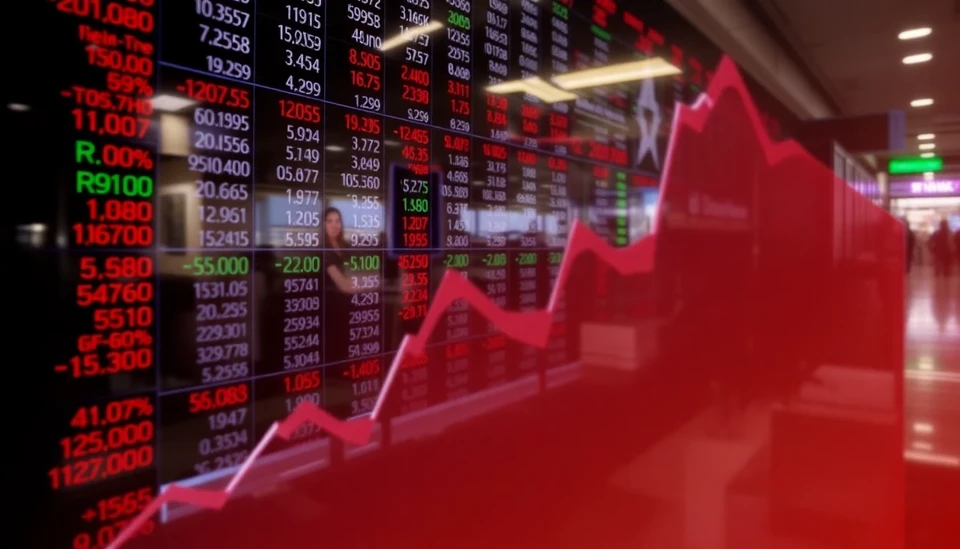
In a dramatic turn of events, Japanese stock markets experienced a significant downturn as fears surrounding potential US tariffs began to loom over exporter stocks. The benchmark Nikkei 225 index fell sharply, affected primarily by concerns that proposed tariffs by the United States could have dire implications for Japan's robust export sector.
On March 31, 2025, reports emerged that the Biden administration is contemplating the imposition of new tariffs on a variety of imported goods, creating unease among investors in Japan. Many of the nation’s leading companies, particularly those heavily reliant on exports to America, felt the effects immediately, setting off a wave of sell-offs that contributed to the Nikkei's downward trajectory.
Specifically, key players in Japan’s automotive and technology sectors, which have long thrived on exports, found themselves at the epicenter of the sell-off. Prominent automakers, often seen as bellwethers for the economic health of the country, faced heightened scrutiny as fears of raised costs and reduced competitiveness in one of their largest markets surfaced.
Market analysts pointed to the interconnectedness of global trade, noting that any tariffs imposed by the US could disrupt supply chains and negatively impact profit margins. The ripple effect extends beyond Japan; global markets reacted accordingly, with shares across Asia also facing pressure as the apprehensive sentiment spread.
As concerns escalated, many traders began to rethink their investment strategies, pulling back from Japanese equities in light of the uncertain trade landscape. The Tokyo Stock Exchange felt the impact sharply, with indexes ending the day in the red, marking the lowest close in several months.
In the weeks ahead, economic experts will be closely monitoring trade discussions between the US and Japan to gauge any potential resolution of these tariff concerns. With Japan’s economy heavily reliant on exports, particularly in vital sectors, the stakes have never been higher. As policymakers navigate this tumultuous situation, the hope remains that constructive dialogue can lead to a favorable outcome for both nations and restore some stability in the markets.
Market watchers will also keep an eye on how the Japanese government responds in the face of these challenges, with potential measures to bolster domestic industries in the wake of these developments. Investors are hopeful that resilience can be found, and that Japan's export-driven economy may yet adapt to the evolving landscape of international trade.
#JapaneseStocks #USATariffs #ExportStocks #Nikkei225 #MarketAnalysis #GlobalTrade #InvestorSentiment
Author: Daniel Foster
